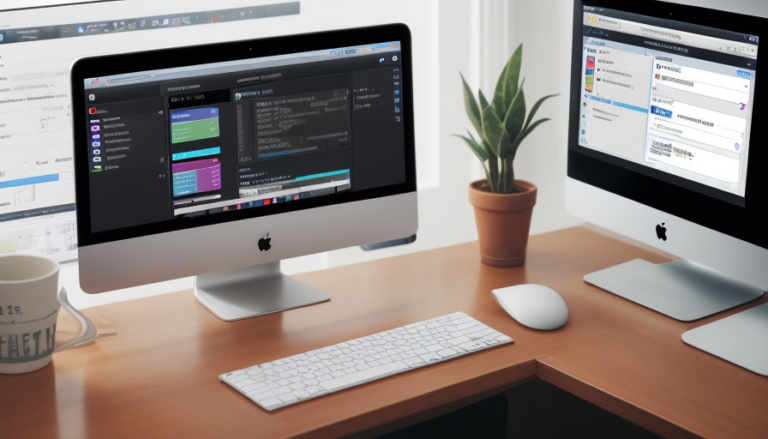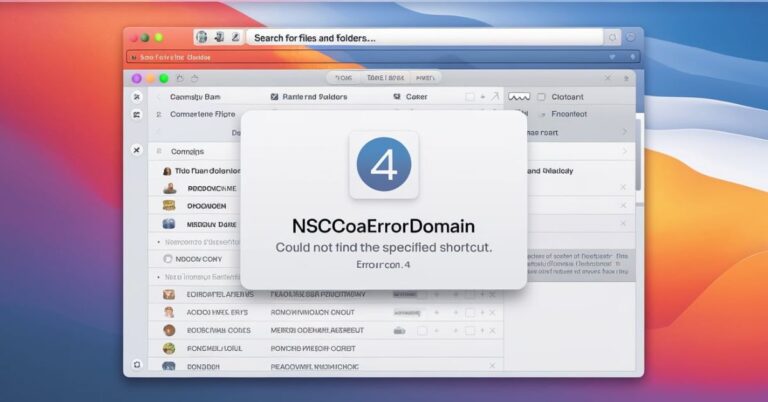Protecting Personal Information Online: How Internet Safety Tools Can Help
The internet is a massive canvas that we all use to live our lives, but it’s becoming increasingly dangerous when it comes to personal information. Here, we will teach you the vital role that internet safety tools play in securing your data from a plethora of online threats.
Knowing the Dangers
Personal information is far from safe online. There are numerous types of information at risk and attacks and it’s important for you to know them:
Kinds of Personal Information at Risk
- Financial Data: Credit card numbers, bank account details, and investment info are all highly sought after for frauds and identity thefts. Once someone gains access to those three things it can lead to a big loss real quick.
- Personal ID: Social Security numbers, driver’s license numbers, passport details. All these pieces of information are important and stealing them can cause some major damage to your life.
- Browsing History: If you think clearing your search history is going to save you from people knowing that you’re addicted to watching cat videos, then I hate to break it to you. They already know! This kind of data isn’t super dangerous but people could use it against you in other ways.
Common Threats
- Hacking: Fancy trickery through weak networks or passwords could make for easy access into your most precious data. So be mindful when logging into anything!
- Phishing: Deceptive practices flood our emails daily – trying so hard to get us to give up our info willingly. Be on the lookout you never know if the next email asking for your SSN looks just like an official IRS message!
- Malware: Unfortunately this is almost unavoidable without the right tools/software installed on your devices. But beware because viruses will come at every angle – hoping they catch something good!
The Importance of Internet Safety Tools
To bolster your online security, there are several tools that serve a specific purpose:
Antivirus Software
This is the first line of defense against malware, viruses and other malicious software. It scans and removes harmful files before they can cause serious damage or compromise your personal information.
Virtual Private Networks (VPNs)
A VPN provides a secure tunnel for your internet connection, making it almost impossible for anyone to eavesdrop on what you do online. This is especially important if you use public Wi-Fi hotspots, as data interception is a common threat.
Password Managers
These tools help you store and manage complex passwords in a secure vault. With this, you’ll be able to use strong, unique passwords for each account without having to memorize them all — significantly reducing the risk of breaches related to weak or reused passwords.
Best Practices For Internet Safety
In order to ensure your safety while browsing the web, it’s important to adopt secure habits. Here are some essential practices:
#1: Avoid suspicious links
Don’t click on links sent from unknown or untrustworthy sources as they may lead you to sites that can infect your device with malware or initiate phishing attacks.
#2: Use secure networks
Always connect to trusted and protected Wi-Fi networks. Public Wi-Fi hotspots often contain insecure connections that make it easy for hackers to intercept data and gain unauthorized access to your devices.
#3: Keep software up-to-date
Make sure you always update all software installed on your devices — especially security tools. Updates usually include patches that seal newly discovered vulnerabilities which keep protection mechanisms effective against emerging threats.
#4: Activate Two-Factor Authentication
Add an extra layer of security by enabling two-factor authentication (2FA). This way, your account will ask for a second proof of identification after entering the password. This will help in preventing unauthorized access.
#5: Be Careful With Personal Information
Whenever you’re online – be it on social media, forums, or websites – make sure to limit personal data sharing. Information like addresses, phone numbers, and dates of birth can all be very useful for malicious individuals if they somehow get their hands on it.
#6: Regularly Back Up Your Data
Don’t forget to regularly back up important data stored in your devices. By doing so, you protect yourself from potential cyber attacks such as ransomware.
#7: Use Strong Passwords
Create strong and unique passwords for each online account that you have. Common sense should tell you that passwords like ‘123456’ and ‘password’ are awful choices. Instead, aim to create a password with a mix of letters, numbers, and symbols. If having trouble remembering all the different ones you’ve made, consider using a password manager tool.
#8: Monitor Accounts Frequently
Simply pay attention to your online accounts more often than usual. Checking emails, bank accounts or social media profiles frequently will reduce the likelihood of further damage if something suspicious were indeed to happen.
#9: Learn More About Cyber Threats
Spend time researching about the latest cyber threats out there and how to avoid them effectively. Having knowledge about what tactics attackers are using is half the battle already.
#10: Protect Your Home Network
Fortify your home Wi-Fi network’s security by following some best practices. Set up strong encryption settings, change default router passwords and hide networks from being publicly visible are just some precautions that can go a long way in making hackers’ lives harder when targeting your home network specifically.
Evaluating And Choosing The Right Tools
When choosing internet safety tools, these factors should be considered:
User-friendliness
The best tools provide users with an intuitive experience regardless of their technical expertise. You should feel comfortable navigating through them so clear instructions and easy-to-use interfaces are crucial here.
Compatibility
Ensure the tool works well with your devices and operating systems. This prevents any hiccups in the integration process which would expose some of your devices to threats.
Cost
Cheaper isn’t always better, but you’ll want to find a balance between affordability and comprehensive protection. It’s important to take pricing into account without compromising on protection quality and effectiveness.
The Future Of Internet Safety
Online threats are advancing rapidly and new technologies such as AI-driven security and blockchain for privacy are emerging in response. Staying informed about these changes is important for continued protection against sophisticated online attacks.
But ultimately, every internet user is responsible for keeping their own data safe, so ensuring that you’re using effective tools should be a top priority.






